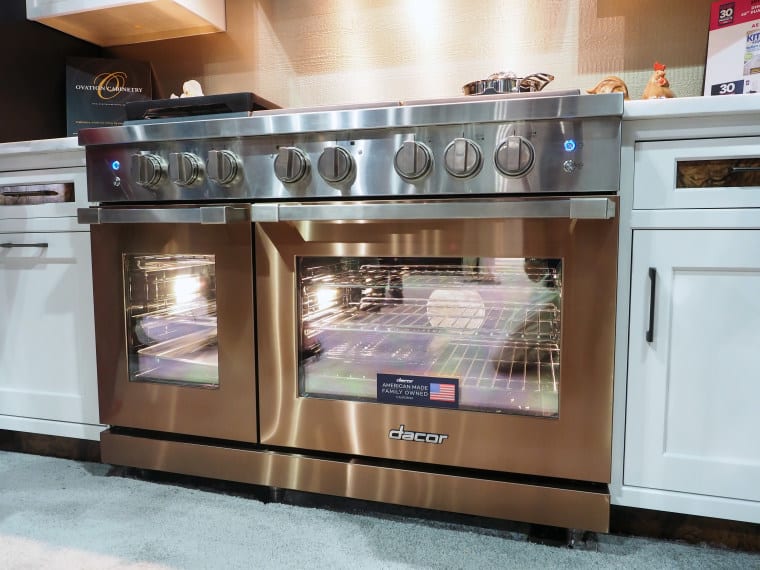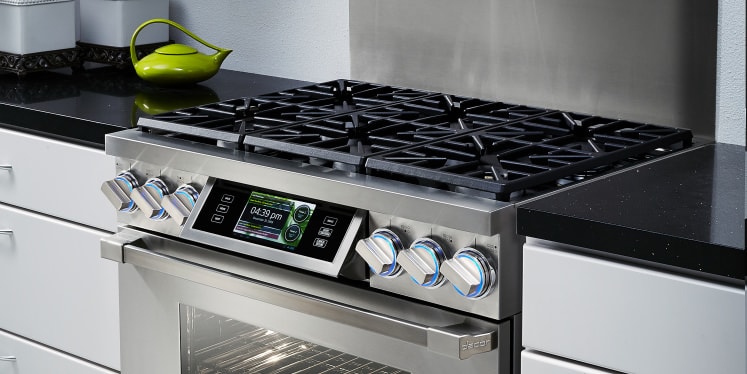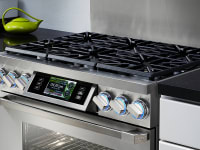In bid for luxury kitchen market, Samsung buys Dacor
The small manufacturer is Samsung's key to the U.S. luxury market
Recommendations are independently chosen by Reviewed's editors. Purchases made through the links below may earn us and our publishing partners a commission. Prices were accurate at the time this article was published but may change over time.
In a bid to attract wealthy American consumers, Samsung Electronics is acquiring Dacor, a California-based manufacturer of luxury appliances.
According to Samsung, Dacor will become a wholly owned subsidiary of Samsung Electronics America—the Korean conglomerate’s consumer division in the U.S. Dacor will continue to operate independently, with headquarters and manufacturing in California.
It’s a decisive move for both companies.
Samsung’s current home appliance offerings are aimed squarely at the middle of the market. Unlike its competitors—Whirlpool Corp. owns Jenn-Air, and BSH owns Bosch, Thermador, and Gaggenau—Samsung lacks a truly premium product offering. Acquiring Dacor lets Samsung compete at the highest segment of the market without building a new brand from scratch.

This 48-inch dual-fuel oven in a custom rose gold finish is an example of Dacor's high-end product line.
Founded by the Joseph family in 1965, Dacor’s headquarters and manufacturing are in City of Industry, CA. On Dacor’s end, the small, family-run manufacturer will benefit from the backing of one of the world’s largest companies, which can help it stand out in a crowded and volatile marketplace.
“We expect that, with Samsung’s global scale, financial strength and market leadership, we will be able to accelerate our growth as we better meet the needs of both our high-end consumers and our retail partners,” Dacor President and CEO Chuck Huebner said in a written statement.

Dacor introduced touchscreen technology in 2014 with its Discovery iQ line.
Neither company disclosed the purchase price. However, the Korea Economic Daily reported the sale cost Samsung $150 million, while the Los Angeles Times reported a higher number.
Dacor is the latest company in a series of Samsung acquisitions. In 2014, the company paid $200 million for smart home startup SmartThings. In 2015, Samsung bought LoopPay—whose mobile payment technology is now featured on Samsung's flagship phones.





